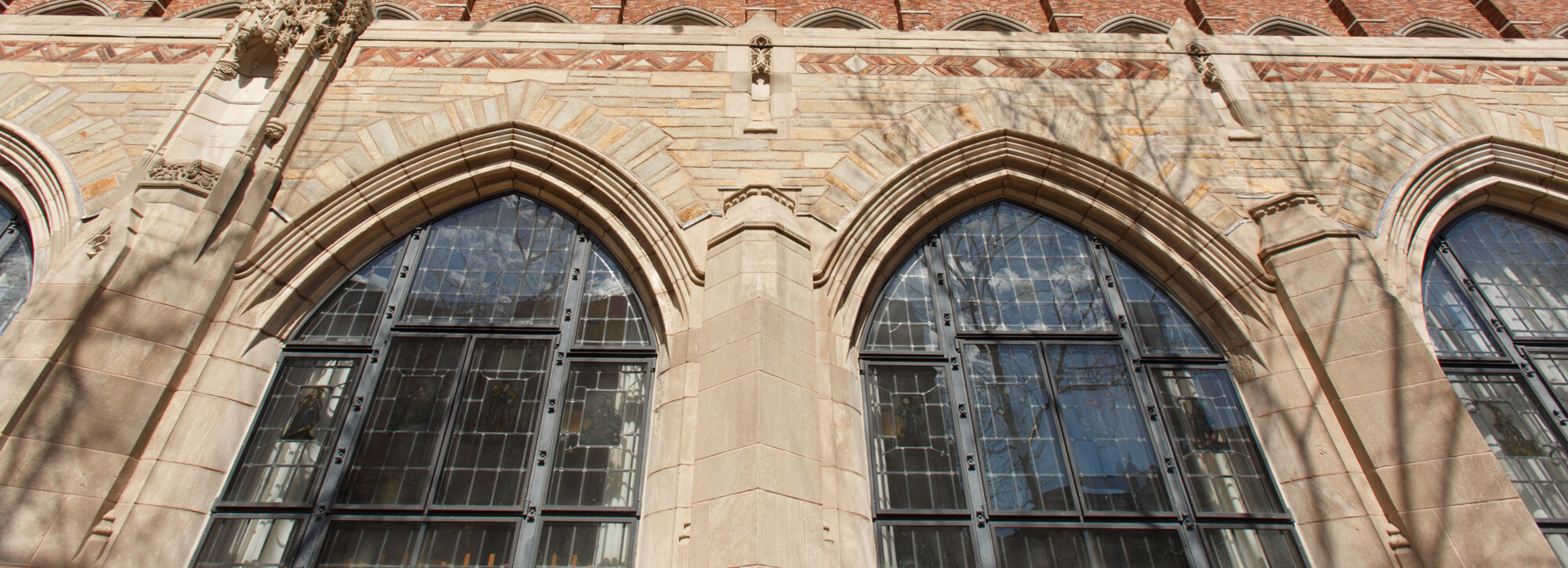About the Fellowship
The clinical fellowship in Criminal Legal System Advocacy in the Jerome N. Frank Legal Services Organization, within Yale Law School’s clinical program, is a two-year Fellowship, with a third-year option. It is designed for lawyers with at least five years of practice who are considering a career in law school teaching. The fellow will work across clinics focused on criminal legal system advocacy, including criminal defense, post-conviction, excessive sentencing, prison legal services, and policy advocacy. The fellow will also work on issues that intersect with the criminal legal system (e.g., immigration, mental health). Fellows’ responsibilities include representing clients, supervising students, assisting in teaching classes, and pursuing a scholarship agenda. In addition, the fellow may be asked to co-teach a section of a six-week fall program for first-year students, Introduction to Legal Analysis and Writing. Candidates must be prepared to apply for admission to the Connecticut bar. (Candidates with five years of practice experience may qualify for admission without examination.) All work will be conducted with the support of the clinical faculty, and will focus on providing legal assistance to low-income clients and organizations working on criminal legal reform and adjacent issues.
The principal supervisors for the position are Professors Fiona Doherty1 and Miriam Gohara2.
The current Fellow is Anjali Pathmanathan3. Applications for a two-year Fellowship in Criminal Legal System Advocacy are not being accepted at this time.
